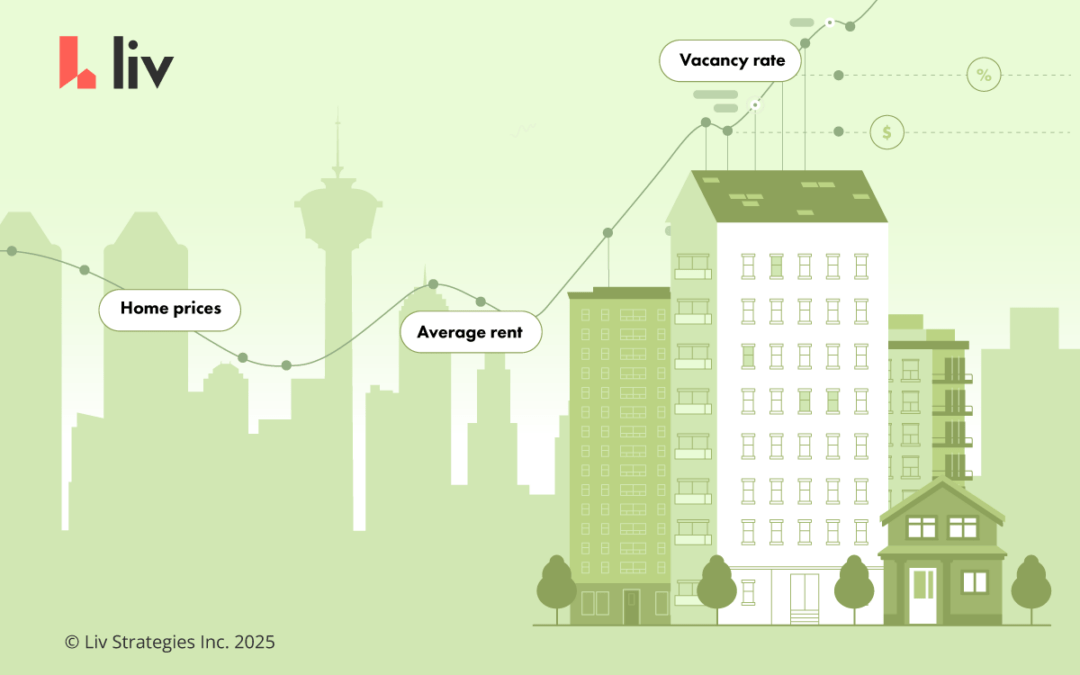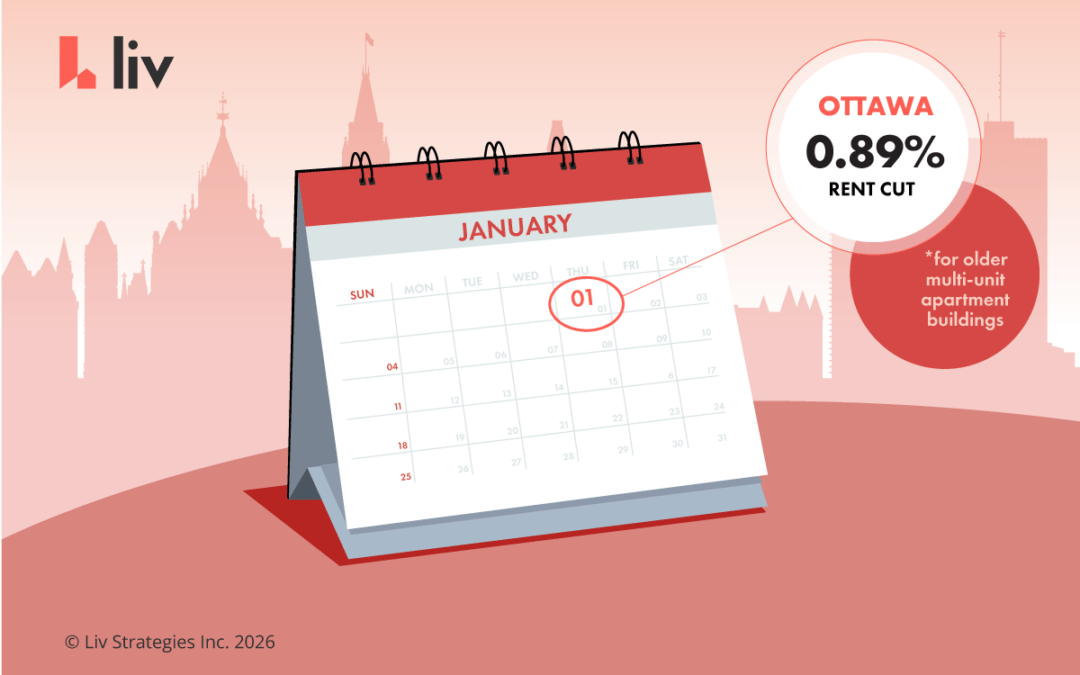Responding to an increasingly fraught situation for renters in Canada, the recently announced Renters’ Bill of Rights would add new protections benefits, and services for tenants across the country. If passed, the bill would create a federal standard lease agreement, a new legal aid fund, and a new system of reporting price history for rental units – plus allowing on-time rent payments to contribute to tenants’ credit history. This bill would have far-ranging consequences for both renters and landlords, so even though it hasn’t yet been passed, it’s important to understand what these new laws might mean. To help break down the key points you need to know, liv.rent has created this concise guide to the key points of the new Canadian Renters’ Bill of Rights.
Join Our Newsletter
For more info on rental laws and policies (e.g. eviction, lease agreements, repairs & maintenance), subscribe to get the latest news.
What is the Renters’ Bill of Rights?
Announced as part of the 2024 federal budget, the Canadian Renters’ Bill of Rights proposes the creation of new protections for the country’s renters and new paths to homeownership. The budget as a whole consists of over 400 pages with more than $52 billion in new spending over the next five years.
At the heart of this year’s budget was a new Housing Plan aimed at making it more affordable to buy and rent a home in Canada. In addition to expediting the permitting and development processes, the new Housing Plan includes ways to create more affordable housing for students, seniors, and other communities.
As of the time of publishing, specifics for how these new measures will be implemented is unclear, however, the 2024 budget did provide more information. We’ll break down what was revealed in the remainder of this article.
What is included in the Renters’ Bill of Rights?
Here, we’ve summarized some of the most important parts of the proposed Renters’ Bill of Rights in terms of what is most relevant to Canadian renters and landlords. For complete information about the Canadian government’s Housing Plan, you can find the document in full here.
Rent payments will build credit
The Canadian government plans to amend the Canadian Mortgage Charter to include rental payment history in credit scores, making it easier for renters to qualify for mortgages or obtain loans at lower rates. This initiative aims to recognize renters’ financial responsibility while making it easier to qualify for mortgages, loans, and other financial endeavours.
Transparent house pricing
The Renters’ Bill of Rights will provide renters with clear information on apartment & home pricing so that they can negotiate fair deals and exercise more control over their housing choices. This transparency aims to empower renters and ensure equitable rental agreements through transparent reporting on pricing. As of yet, it is unclear exactly how this will be implemented.
A new legal aid fund for renters
Among the earmarked spending in the 2024 budget is $15 million for a Tenant Protection Fund. This federal fund will support renters dealing with unfair rent increases, evictions, and bad landlords by safeguarding tenants’ rights and providing support for those facing renting-related legal challenges.
A nationwide standard for lease agreements
The proposed Canadian Renter’s Bill of Rights will work with individual provinces and territories to create a national standard for lease agreements, offering renters consistent terms and conditions regardless of location. This standardization aims to streamline rental processes and enhance renters’ understanding of their rights and obligations.
When does the Renters’ Bill of Rights go into effect?
The timeline for the implementation of the Renters’ Bill of Rights and the rollout of these changes remains uncertain, with no specific date provided for when the measures will take effect. Budget 2024 was announced on April 16, 2024, with some changes such as increases to the Capital Gains Tax taking effect as early as June 25, 2024.
Due to the complexity of some of the new laws and the multiple parties involved, it’s anticipated that the implementation process will involve careful planning and coordination among various stakeholders, which could mean that some changes come more gradually than others.
We’ll continue to update this post as changes take effect to provide the most up-to-date information for Canadian renters and landlords.
Key takeaways for renters
See here for a quick summary of the proposed measures and how they relate to Canadian renters:
- On-time rent payments will be factored into your credit history
- Measures will be taken to create a clear, transparent way of reporting rent/home prices
- Nationwide standard lease agreements will create consistent rental terms across the country, making it easier to understand rights & obligations
- A Tenant Protection Fund will provide financial support for tenants facing housing-related legal issues
Key takeaways for landlords
For landlords, here are the main items and how they may affect your rental business:
- Depending on implementation, landlords may be asked to report tenants’ rent payments for credit purposes
- Homeowners may also need to take action to record pricing history for their properties
- Lease agreements in certain provinces may change to reflect a Canadian standard document
>> Recommended Reading: What to know about the proposed Capital Gains Tax changes

Rethink The Way You Rent
Not on liv.rent yet? Experience the ease of digital applications & contracts, verified tenants & landlords, virtual tours and more – all on one platform. Sign up for free or download the app.
Subscribe to receive the latest tenant & landlord tips and get notified about changes in the Canadian rental market.
>> Stay up-to-date on the average rent in Vancouver, Toronto and Montreal: Rent Reports.




0 Comments